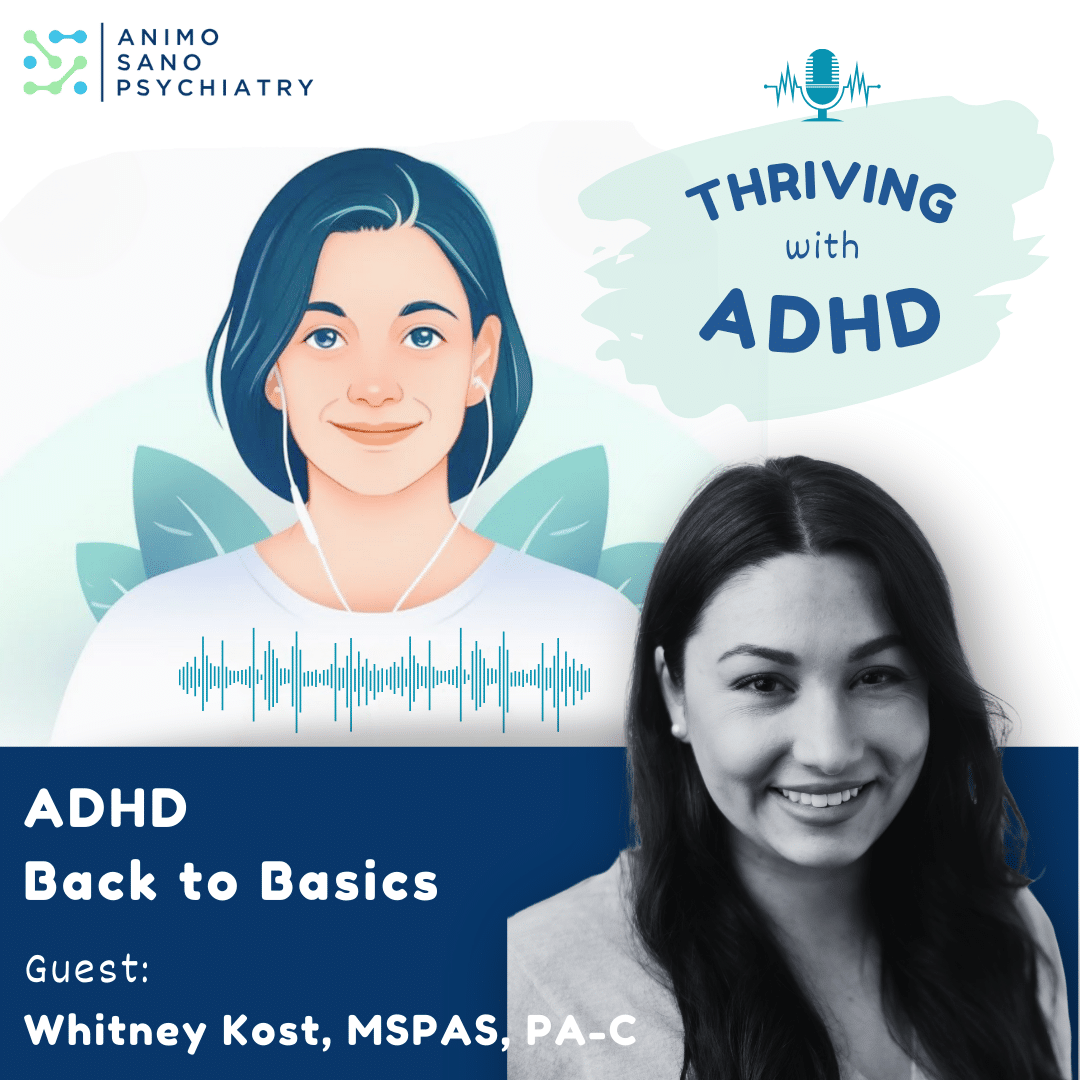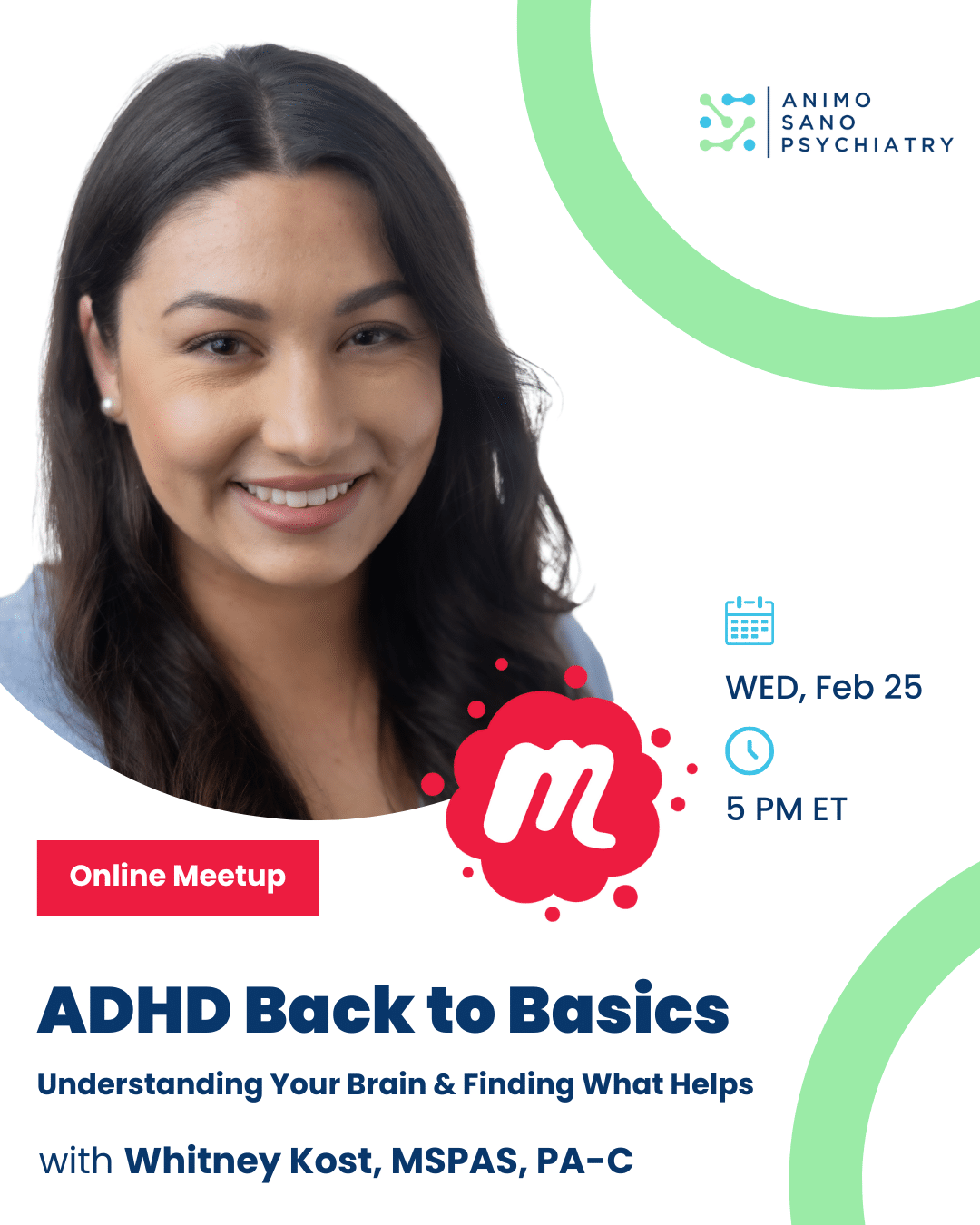
Executive function refers to the mental processes that help us plan, organize, and carry out tasks efficiently. For individuals with ADHD (Attention-Deficit/Hyperactivity Disorder), deficits in executive function can make even the most routine activities feel overwhelming. Whether it’s managing time, staying focused, or remembering tasks, the challenges tied to executive function deficits can significantly impact daily life.
Understanding Executive Function in ADHD
Executive function is an umbrella term for cognitive processes that include planning, working memory, flexibility, self-regulation, and problem-solving. Individuals with ADHD often experience difficulties in these areas, leading to challenges in time management, organization, focus, and impulse control. Research shows that around 90% of children with ADHD have executive function deficits, which carry over into adulthood with ADHD. They may struggle with responsibilities at work or home, often forgetting appointments, missing deadlines, or feeling overwhelmed by tasks. These challenges stem from ADHD’s impact on the brain’s ability to efficiently manage executive function.

How Executive Function Deficits Impact Daily Life
If you’ve ever had the experience of walking into a room and immediately forgetting why you’re there, you’ve had a small taste of what it’s like for someone with ADHD. For people with ADHD, executive function deficits affect multiple areas of life, including:
- Time management: Deadlines can seem arbitrary or impossible to meet because estimating how long tasks will take is challenging. This often results in late submissions or rushed work.
- Organization: Keeping track of multiple tasks, appointments, or belongings can feel chaotic, leading to lost items and forgotten obligations.
- Focus and attention: ADHD brains are wired for novelty, which makes it difficult to stick with routine or mundane tasks. Simple activities like cleaning or filing paperwork can take twice as long.
- Impulse control: Acting without thinking, or making impulsive decisions, is another hallmark of ADHD. This can cause everything from hasty spending decisions to interruptions in conversation.
Strategies to Improve Executive Function Skills
While the challenges of executive function deficits in ADHD are real, the good news is that it’s possible to build executive function skills with the right tools and strategies. Here are some proven strategies:

- Use Visual Supports – Visual supports, like calendars, to-do lists, and reminders, can make abstract concepts like time more tangible. Research shows that visual tools increase task completion for those with ADHD. Whether through physical planners or apps, having a visible reminder can keep you on track and lessen the stress of trying to remember everything.
- Break Tasks into Smaller Steps – Breaking larger projects into manageable steps reduces the overwhelm of executive function deficits. This “chunking” technique helps individuals with ADHD build momentum. For example, when cleaning, focus on one room at a time rather than the entire house.
- Practice Time Blocking – Time blocking—assigning specific time periods to tasks—helps create structure and minimize distractions. It’s been proven that structured time management interventions can improve ADHD symptoms.
- Leverage External Reminders – External reminders, like alarms, apps, or accountability partners can help manage ADHD-related memory issues. Alarms can prompt task check-ins, additionally accountability partners can offer support by following up on deadlines.
- Create Consistent Routines – Routines offer predictability and reduce decision fatigue. By establishing daily habits—like organizing your workspace every night or following a specific morning routine—people with ADHD can eliminate the need to constantly decide what to do next. This helps reduce feelings of chaos and makes managing tasks easier.
Final Thoughts
Executive function deficits can be one of the most challenging aspects of ADHD, affecting everything from organization to impulse control. However, with practical strategies, individuals with ADHD can learn to manage these difficulties and build skills that lead to better focus, time management, and organization. By incorporating tools like visual aids, breaking tasks into smaller steps, and establishing routines, people with ADHD can better navigate the complexities of daily life.
Responsibly edited by AI
Other Blog Posts in
Animo Sano Psychiatry is open for patients in North Carolina, Georgia and Tennessee. If you’d like to schedule an appointment, please contact us.
Get Access to Behavioral Health Care
Let’s take your first step towards. Press the button to get started. We’ll be back to you as soon as possible.ecovery, together.




